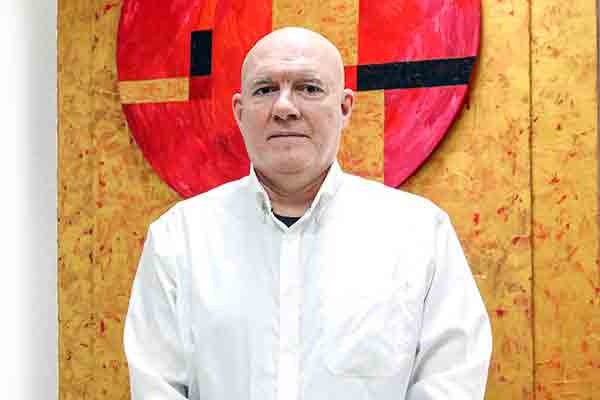
Although it may seem like there’s only bad news these days, we’d like to share with you some amazing and inspirational stories about private citizens all over the world leveraging technology, creativity and the tools of digital communication to fight back against the coronavirus.
Sharing Information and Expertise
Public and private labs, hospitals and research centers are being taxed to the extreme trying to find ways to test, treat and vaccinate against Covid-19. However there are many specialists in a variety of related fields, from bioinformatics and data processing to virology and immunology, who also have a wealth of professional expertise but may not have access to a laboratory or data center.
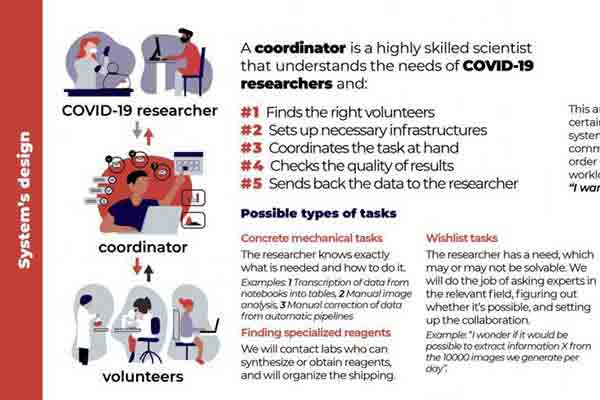
Crowdfight Covid-19 is a web-based platform that helps connect researchers needing support and assistance with a growing army of volunteers who can offer very specific help. A coordinator matches the need of the researcher with the people most likely to supply it, whether that’s virtual machine time and data crunching or a supply of test equipment and reagents.
An amazing information portal is The Coronavirus Tech Handbook. Describing itself as a “crowdsourced library for technologists”, it’s an ever-expanding compendium of useful links about the disease, community resources, ways to volunteer, advice and counseling, help desks, access to medical supplies and much more. Although primarily in English, volunteers are stepping up to help translate the site into German, Dutch, Urdu, Turkish and many others.
Repurposing
We’ve all heard too many stories about critical shortages of personal protective equipment (PPE), face masks, sanitizers and other vital supplies needed by first responders, doctors and nurses. Now people are repurposing their facilities to support the cause.
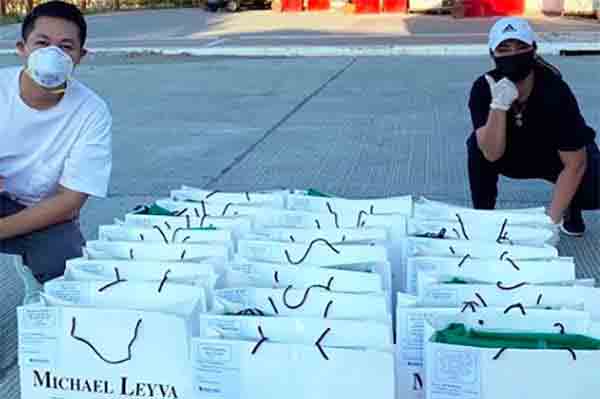
In Manilla, Michael Levya is a well-known fashion designer who has turned his workshop over to the production of single-use head covers and face masks, while Valerie Alvez is making complete body covering suits out of the same thin taffeta normally found in umbrellas.
Meanwhile, sewing hobbyist website PatternReview is sharing online patterns for surgical face masks and scrubs.

Not to be outdone, alcohol distilleries are getting in on the action, too. Because they’re accustomed to working with the ingredients used to make vodka and gin (corn, rye, barley and wheat), distilleries find it’s a simple matter to purify the blend to 80% alcohol and then add some glycerol. This is the approach taken by 28milevodka in Illinois and the Temple Distilling Co. in Arizona, among many others. Not only does this help first responders in their community but it also keeps the company in operation through some tough times.
Crowdsourced Inventors
Most impressive of all are the efforts of engineers, scientists, inventors and medical specialists to put their heads together and come up with new ventilator designs in record time.
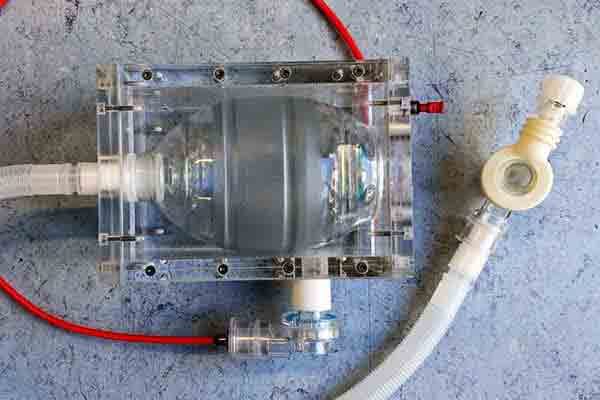
A team of people at Oxford University and King’s College in London were able to create a new ventilator design in just one week called the OxVent, which is now undergoing certification testing in the UK. Their mission brief was to make one that is as uncomplicated as possible, and that uses simple, off-the-shelf and easy to source components.
Once word of the project’s intention got out, it seems like everyone with something to offer wanted to be part of it – a CNC machinist here, a digital control person there, even someone with a knack for handling government red tape and paperwork.
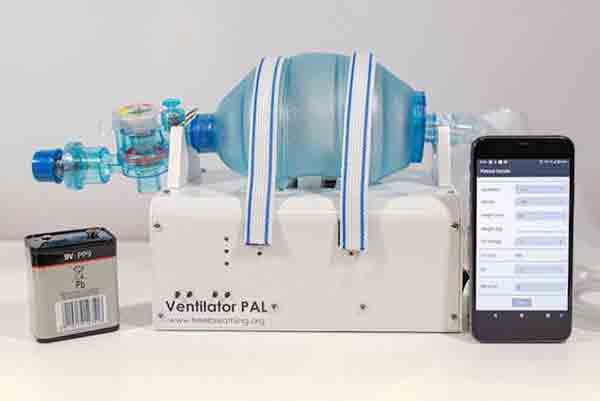
And from the Netherlands comes VentilatorPAL, an open-source ventilator design from Freebreathing.org. This not-for-profit solution can be ordered as an assembled unit, in a kit, or even downloaded as a series of schematics for more remote locations in need. They estimate they will be able to provide a ventilator for about EUR 370.
These are just a few of the many ways that ordinary people are working to help one another during extraordinary times. We love the spirit of invention and positivity on display. It’s what we need right now.
Michigan CNC Machining Parts, Inc. gratefully acknowledges Mr. George Monbiot of the Guardian newspaper for bringing these stories to the attention of the world.
Chris Williams is the Content Editor at Michigan CNC Machining Parts, Inc.. He is passionate about writing and about developments in science, manufacturing and related technologies. He is also a certified English grammar snob.

